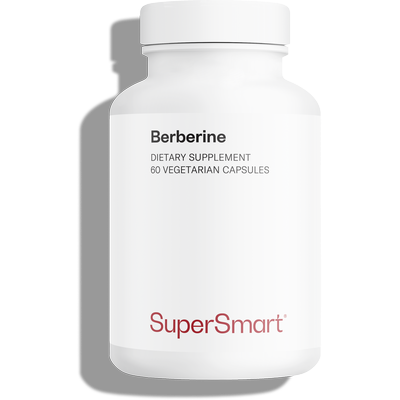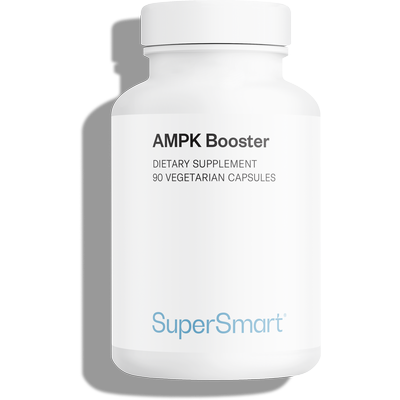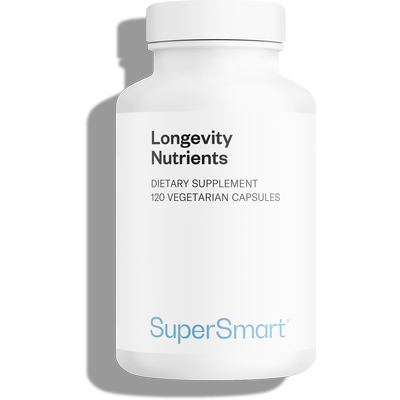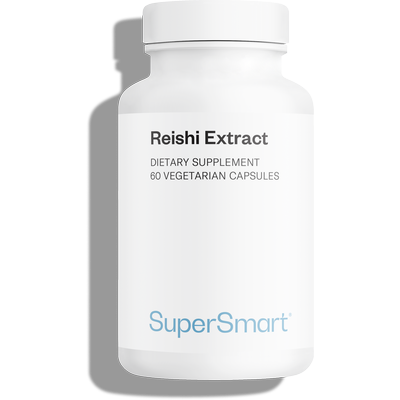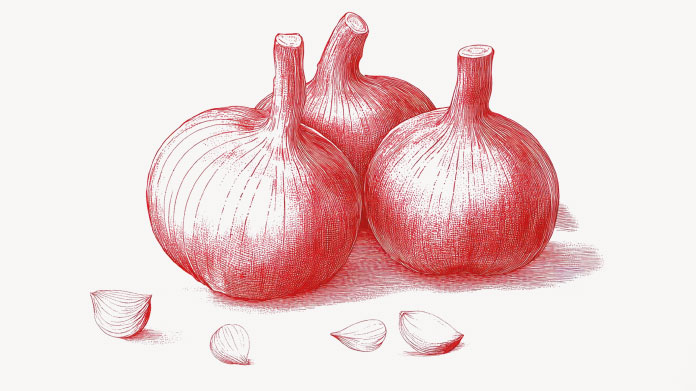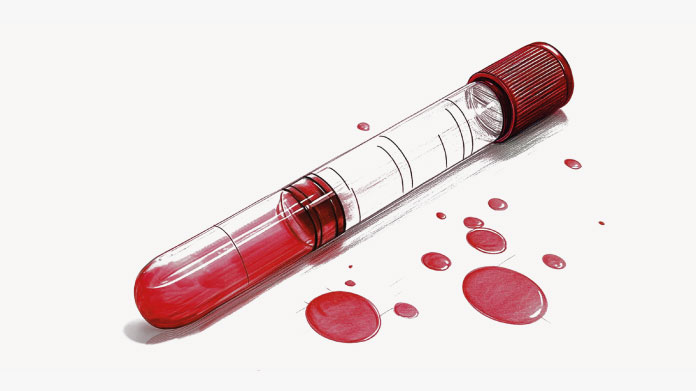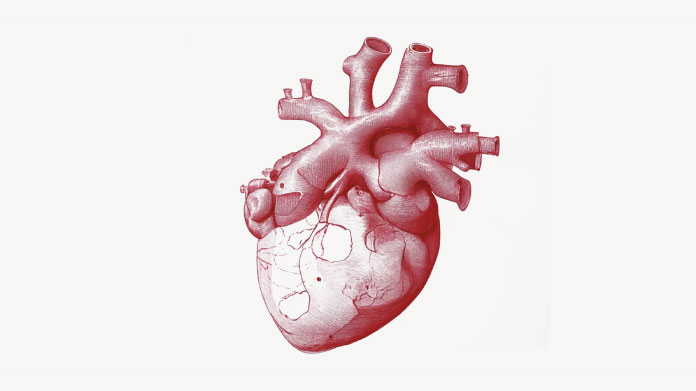Berberine: its anti-diabetes effect and benefits for health
You may not be aware of berberine supplements, but this natural active principle has actually been used therapeutically for many years, especially in traditional Asian medicine. Today, scientists are showing particular interest in berberine’s properties in relation to the management of type 2 diabetes...
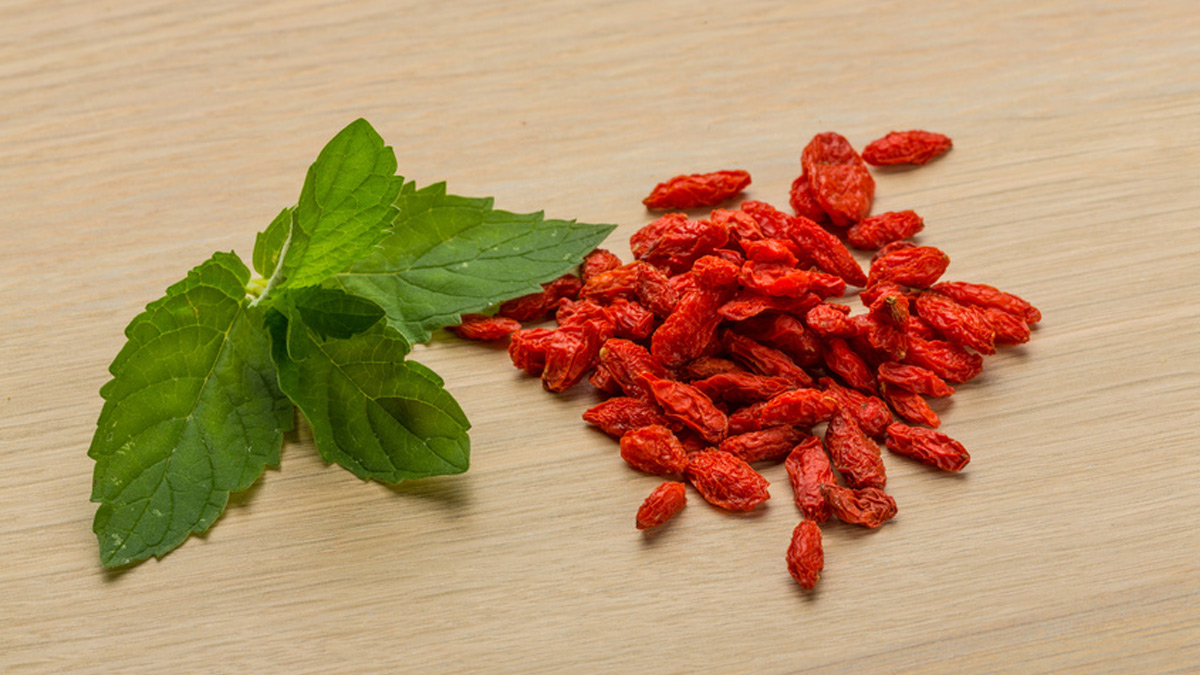
What exactly is berberine?
Berberine is a natural active principle which takes its name from the Berberidaceae plant family from which it was first extracted. One of the best-known of these plants is the shrub barberry, or to give it its scientific name, Berberis vulgaris. Berberine is found in the small berries produced by the barberry plant. Nowadays, this is the main source of berberine but it has also been identified in other plants of the berberidaceae family including the species Berberis aristata and Berberis petiolaris. It is also present in other plant groups, particularly Ranunculaceae (Coptis chinensis, Coptis teeta…), Papaveraceae (Chelidonium malus, Sanguinaria canadensis…), Menispermaceae (Tinospora cordifolia…), Rutaceae, (Phellodendron amurense…), Fumariaceae and Annonaceae.
Why is it attracting scientific interest?
The berberine-producing berberidaceae family features significantly in traditional Asian pharmacopoeia. Several of its plants are referred to in the texts of Chinese and Ayurvedic medicine. These medicinal plants are traditionally used for their anti-diarrhoea, anti-microbial and anti-protozoal activity. These powerful infection-fighting effects have since been attributed by science to several active principles including berberine. Over the years, research has revealed a number of other benefits for this natural active principle, particularly for the control of type 2 diabetes. You may have heard about the link between berberine and metformin, an oral anti-diabetes drug widely used in the initial management of type 2 diabetes. We explore this further in the next paragraph.
What is the link between berberine and metformin?
Research conducted on berberine shows it has a similar action to metformin. Considered to be the first treatment for type 2 diabetes, this oral-use drug has the same antihyperglycaemic mode of action as berberine. In other words, both metformin and berberine act by reducing blood sugar levels and preventing the hyperglycaemia that characterises type 2 diabetes. Studies show that these two active principles work via different and complex mechanisms, some of which are described below. Current scientific data suggests that berberine could constitute a useful alternative to metformin. Several studies comparing the efficacy of these two active principles have demonstrated positive results for berberine in reducing blood glucose levels in type 2 diabetics.
What are berberine’s properties?
As a result of its metformin-like effects, berberine has been the subject of numerous scientific studies in recent years. Though by no means exhaustive, some of the most recent findings are outlined in the following paragraphs.
Antioxidant power. Like many phytonutrients, berberine acts as a natural antioxidant. This means it is able to combat oxidative stress, a process characterised by the production of reactive species in the body, which causes significant damage to cells and thus contributes to cellular ageing.
Anti-ageing effect. Because of these antioxidant properties, berberine helps to protect the body, prevent certain conditions and confer anti-ageing effects. That is why berberine features in the composition of anti-ageing supplements such as the formulation Longevity Nutrients. This combines an extract of Phellodendron amurense standardised in berberine, with an apple extract standardised in polyphenols, and a reishi extract standardised in polysaccharides. This anti-ageing supplement offers even greater efficacy because berberine’s chemical structure means it combines easily with other active principles to increase their effects.
Anti-infection action. Plants from the berberidaceae family are highly-prized in Asia for their infection-fighting properties. Studies show that berberine combats the spread of certain infectious agents. For example, it has anti-bacterial properties that work against staphylococcus, streptococcus and salmonella. It also seems to act against other parasites, exerting anti-amoebic and anti-protozoal effects.
Anti-inflammatory activity. It may also fight inflammatory reactions induced by infectious agents. Several studies have shown that regular administration of berberine helps to reduce inflammatory responses.
Anti-diabetes action. As mentioned, berberine has the same antihyperglycaemic effect as metformin. Studies show that it reduces blood glucose levels in various ways. One such method is its effect on an enzyme involved in glucose metabolism called AMPK. By enabling activation of this enzyme, berberine increases insulin sensitivity and promotes the capture and use of glucose in the body. Studies suggest that it may also regulate neoglucogenesis, a mechanism which leads to synthesis of glucose by the liver. As a result of these different actions, berberine helps reduce blood glucose levels and combats the hyperglycaemia characteristic of type 2 diabetes.
Lipid-lowering potential. Due to its AMPK-activating effect, berberine also appears to improve the lipid profile by reducing blood levels of triglycerides and cholesterol.
What are berberine’s health benefits?
Due to its many beneficial properties, berberine is a molecule with significant therapeutic potential. Though not exhaustive, the paragraphs below list its traditional and more recent therapeutic uses.
Infectious diseases. In Asia, berberidaceae plants have been used for years to prevent and treat infectious diseases, particularly for fighting the infectious agents that cause diarrhoea.
Type 2 diabetes. Berberine has been attracting scientific interest for several years for its metformin-like effect against diabetes. It thus constitutes a significant aid to the management of what is an increasingly prevalent condition. In 2014, specialists estimated that type 2 diabetes affected more than 400 million people across the world, and that figure did not include the large number of undiagnosed diabetics.
Metabolic disorders. In addition to its benefits for the management of type 2 diabetes, it may also support the treatment of numerous other metabolic disorders. In particular, it may help prevent complications linked to excess weight and obesity.
Non-alcoholic steatohepatitis (fatty liver disease). Recent research has also identified benefits for the prevention and treatment of non-alcoholic steatohepatitis, more commonly-referred to as NASH. This is essentially inflammation of the liver caused by abnormal levels of fat storage in liver cells. In just a few years, NASH has become a major public health issue, as can be seen by the publication of several articles on the subject. Their titles - ‘Fizzy drink disease’, ‘Junk food disease’, or ‘Disease of the century’ - refer to its primary causes, namely our changing lifestyles and the trend towards consumption of fast-food and high-calorie products. With its antihyperglycaemic and lipid-lowering benefits, berberine is considered a promising therapeutic approach to preventing the complications associated with NASH.
How can you obtain the benefits of berberine?
Berberine is extracted from various plants and comes in the form of a yellow powder which is used to formulate a number of dietary supplements. For example, the berberine supplement offered in the SuperSmart catalogue is formulated from an extract of barberry (Berberis vulgaris) standardised to 97% berberine, one of the best doses available!
It can also be found in supplements combined with other active principles. An innovative formulation has been developed which contains extracts of Berberis vulgaris standardised to 97% berberine, Gynostemma pentaphyllum standardised to 98% gypenosides, and Buxus sinica standardised to 98% fisetin. Combined in the supplement AMPK Booster, these three extracts naturally boost AMPK, a key metabolic enzyme, the activation of which helps fight a large number of metabolic disorders: hyperlipidaemia, hypercholesterolaemia, and the hyperglycaemia characteristic of type 2 diabetes … Studies conducted on animal models show that AMPK activation may help increase longevity.
How do you choose the right dose?
As yet, there is no officially recommended dose for berberine. Current scientific data suggests that the dose may vary between 500mg and 1500mg a day, depending on individual needs, with some studies suggesting that in certain cases, this could even be increased to 2000mg/day for short periods and under medical supervision. In all cases, it’s advisable to seek guidance from a health professional in choosing the right supplement for your particular needs.
Are there any contraindications?
No major side-effects have so far been reported as a result of taking berberine supplements. However, as with any active principle, there may be certain contraindications. In particular, medical advice should be sought by those on any medication as berberine may interact with the active principles in certain drugs. And as a precautionary measure, berberine supplements are not recommended for children or for women who are pregnant or breastfeeding.
SUPERSMART ADVICE
Keywords
55 Days
Very happy with the order and the…
Very happy with the order and the prompt team's response to an identified issue with my order.
KUQI Fatmir
62 Days
15 + years as a customer
I have been using their products for over 15 years as I find both the quality and pricing excellent.
Del Chandler
64 Days
Good quick delivery
Good quick delivery
Timothy O Shea
65 Days
Good service
Good communication following order. Product came within the time frame and was well packaged. The only confusing thing I found was in checking out. For some reason it is not clear how to do so and the current system should be improved.
Joe O Leary
74 Days
Simple and fast.
Simple and fast.
Nina
75 Days
Great product was definitely what is…
Great product was definitely what is says and arrived on without issue
customer
81 Days
I love reading those product facts on…
I love reading those product facts on Supersmart.com. Effective health products making permanent changes to my blood-work results and testes. However, I also have to order capsules from other websites.
NORDGULEN Olav
83 Days
Great products
Great products Very easy to choose, to order… and to get at home
Federica mastrojanni
86 Days
Service rapide et bons produits
Service rapide et bons produits
customer
87 Days
Good products and fast delivery
Good products and fast delivery
Trusted
92 Days
Does what it says on the can
I believe in this product Made to highest standard The ordering process is straightforward Delivery time prompt Excellent product, excellent service Happy customer ❤️
Sheba Kelleher
97 Days
Excellents produits
Excellents produits. Rien à dire si ce n'est qu'ils sont très chèrs.
MJS_France
99 Days
Very good supplement
Very good supplement
Glaveash
100 Days
Supersmart supplements are really…effective
Supersmart supplements are really effective and have helped me and family members and friends to improve their health including some of us with severe health problems including some with no existing medical treatment.
Anne Georget
101 Days
SuperBig Supersmart
SuperBig Supersmart
Pierre

